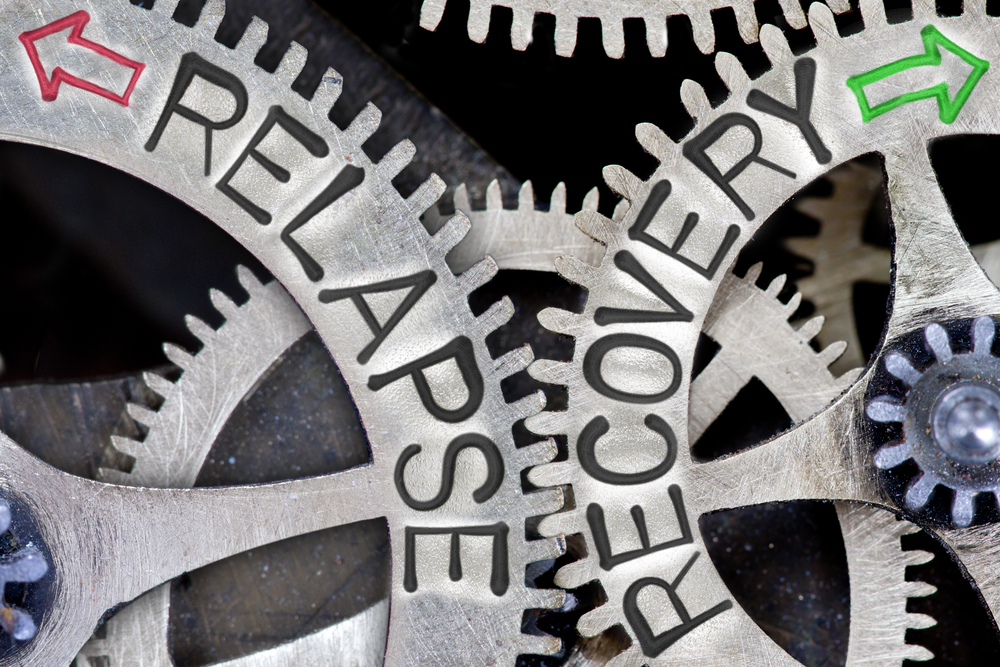Maintaining sobriety in the long term is a central challenge for many recovering from addiction. The journey doesn’t end at stopping the substance use; it’s about ongoing management of recovery and avoiding relapse. This blog post focuses on key strategies and mindsets that can help individuals in recovery stay on the path of sobriety, highlighting practical tips, psychological insights, and proactive measures.
Table of Contents
ToggleUnderstanding Relapse
Relapse is not a sign of failure but a part of many people’s recovery journey. Understanding the triggers and warning signs of relapse is crucial in developing effective prevention strategies. Triggers can be emotional, such as stress or anxiety; situational, like being in places associated with past substance use; or interpersonal, stemming from conflicts with others.
Essential Strategies for Relapse Prevention
Developing Coping Skills: Learning how to handle stress and negative emotions without turning to substances is fundamental. Techniques can include mindfulness, meditation, and cognitive-behavioral strategies that focus on changing negative thought patterns.
Creating a Structured Routine: A predictable daily routine can provide stability and reduce the number of decisions that need to be made each day, lowering stress and the potential for impulsive decisions.
Engaging in Regular Physical Activity: Exercise not only improves physical health but also reduces stress and increases endorphins, which can boost mood and well-being.
Maintaining a Healthy Diet: Nutritional wellness supports overall health and helps balance mood, potentially reducing cravings.
Mindsets to Foster Relapse Prevention
Growth Mindset: Viewing recovery as a journey with ups and downs encourages learning from experiences rather than seeing relapse as a setback.
Self-Compassion: Being kind to oneself in moments of struggle can prevent harsh self-judgment, which often leads to relapse.
Mindfulness: Staying present can help individuals recognize cravings and thoughts about using without acting on them.
Building and Leveraging a Support Network
Support from others who are also in recovery or who are supportive of one’s recovery journey can provide emotional encouragement and practical help in times of need. Regularly attending support group meetings or therapy sessions can keep motivation high and provide strategies to handle challenging situations.
Tools and Resources for Relapse Prevention
Several tools can aid in maintaining recovery:
Relapse Prevention Plans: Customized plans developed with a therapist that outline strategies to cope with cravings and triggers.
Emergency Contact Lists: Having a list of people to call when feeling at risk of relapse.
Apps and Journals: Technology and traditional writing can help track progress, moods, and triggers.
Conclusion
Preventing relapse requires a combination of practical strategies, supportive relationships, and healthy mental attitudes. By understanding personal triggers, strengthening coping mechanisms, and nurturing a supportive environment, individuals in recovery can fortify themselves against the challenges of relapse. Embracing these strategies and mindsets not only aids in maintaining sobriety but also in building a fulfilling, substance-free life.
It’s crucial to recognize that setbacks are a natural part of the recovery journey. While relapse can be disheartening, it’s not a sign of failure but rather an opportunity for growth and learning. Through this blog series, we’ve explored the various factors that can contribute to relapse, from triggers and stressors to underlying mental health issues. We’ve also discussed strategies for preventing and managing relapse, including building a strong support network, developing healthy coping skills, and seeking professional help when needed.
At Renew Health, we understand the complexities of addiction and the challenges individuals face in maintaining sobriety. Our compassionate team is here to provide guidance, support, and resources to help individuals navigate the ups and downs of recovery. Whether it’s through individual therapy, group counseling, or medication-assisted treatment, we are committed to empowering our patients to overcome obstacles and achieve long-term sobriety.
As we conclude this blog on preventing relapse, we encourage you to remember that recovery is an ongoing process, and setbacks can be a part of the journey. However, with the right strategies and mindsets, it is possible to stay on the path of sobriety and continue moving forward. If you or a loved one is struggling with addiction, reach out to Renew Health. Together, we can build a resilient foundation for a healthier, happier future, free from the cycle of relapse.



